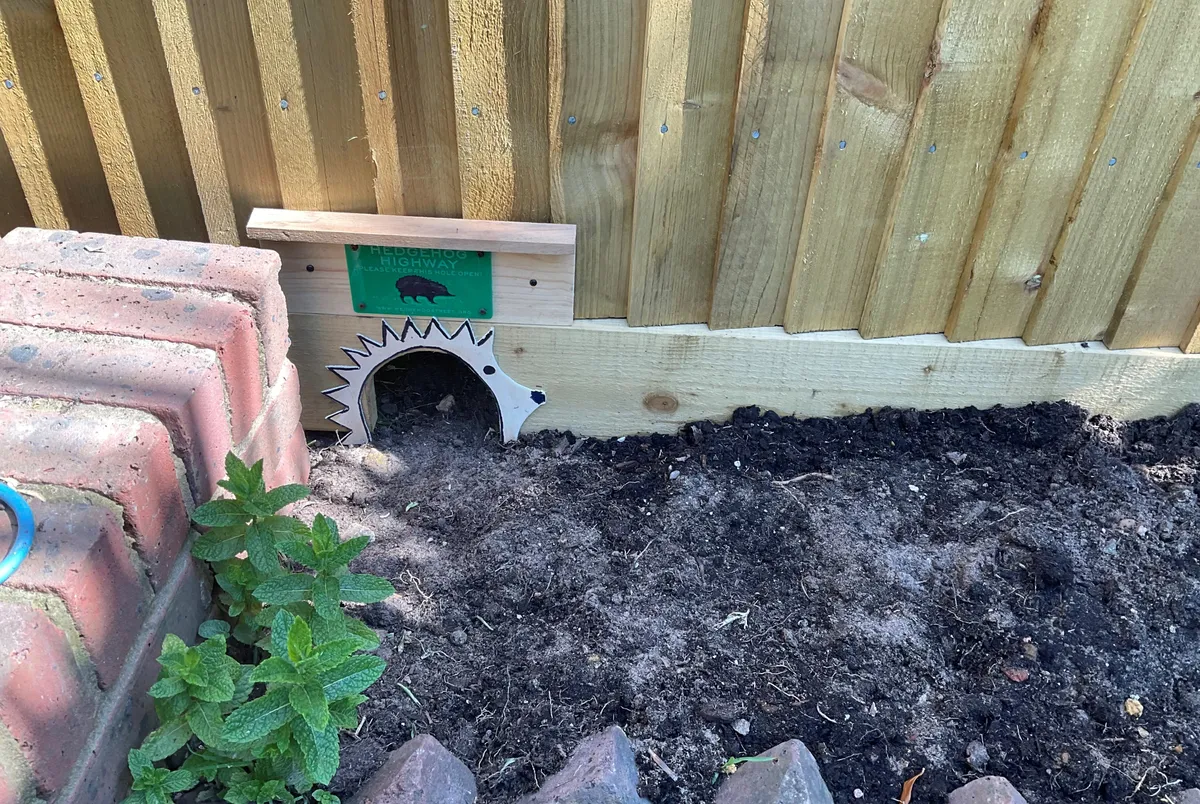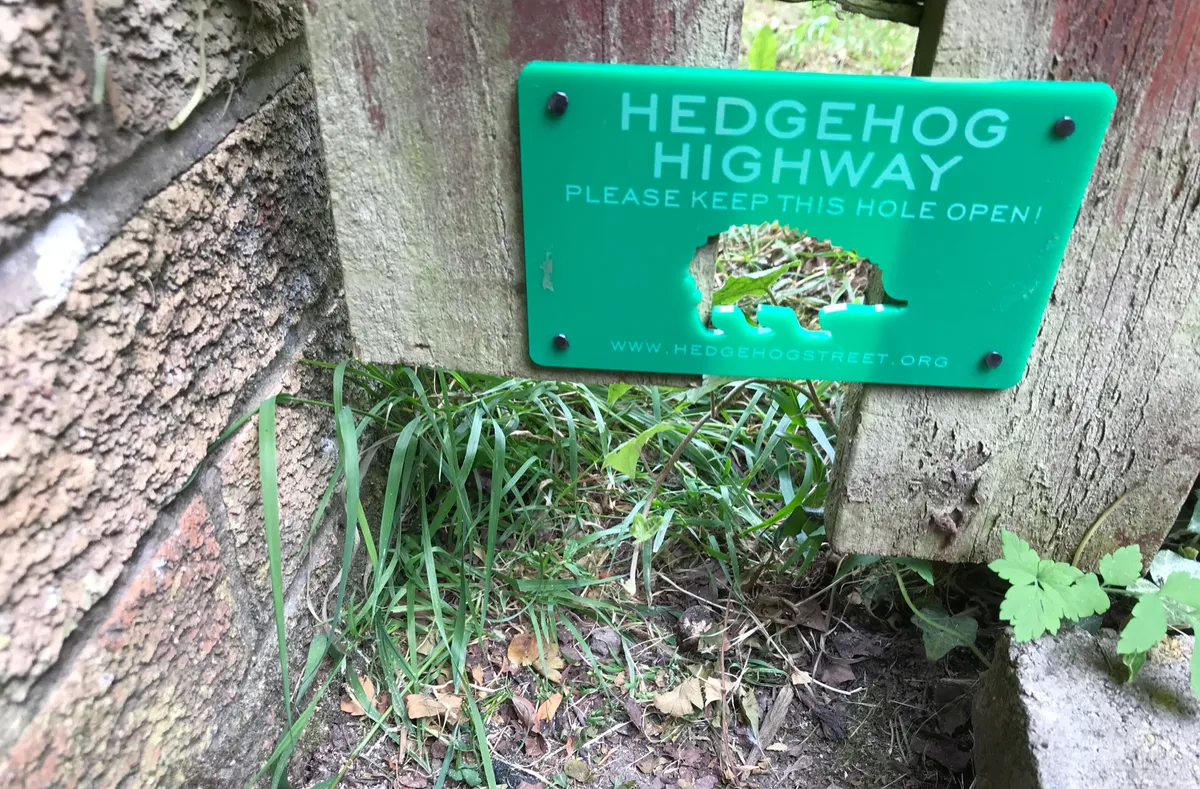Members of the public have been invited to join the search for 'Britain's Biggest Hedgehog Street' by connecting as many gardens as possible to help hedgehogs.
Connecting gardens will allow local hedgehogs to roam freely and safely in search of food, mates and materials for nesting. These connections are called 'Hedgehog Highways' and simply involve building a CD-sized gap under fences and walls.

When gardens have been connected, people are invited to submit entries online. The highest number of linked gardens will be crowned 'Britain's Biggest Hedgehog Street', with prizes including plaques and a hamper.
Hedgehogs were listed as 'vulnerable to extinction' on the Red List for Britain's Mammals in 2020, and a report released earlier this year revealed that hedgehog populations are continuing to decline, with some having experienced losses of up to 75% since the turn of the millennium.

To help provide a safe and sheltered spot for our spiky friends, try one of these hedgehog houses for your garden.
The People's Trust for Endangered Species has teamed up with The British Hedgehog Preservation Society for the 'Hedgehog Street' nationwide campaign, with this particular project running over the summer holidays until Saturday 10 September.
Submit your entries for Britain's Biggest Hedgehog Street here.
Top image credit: Getty Images

